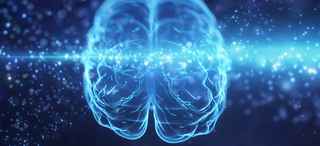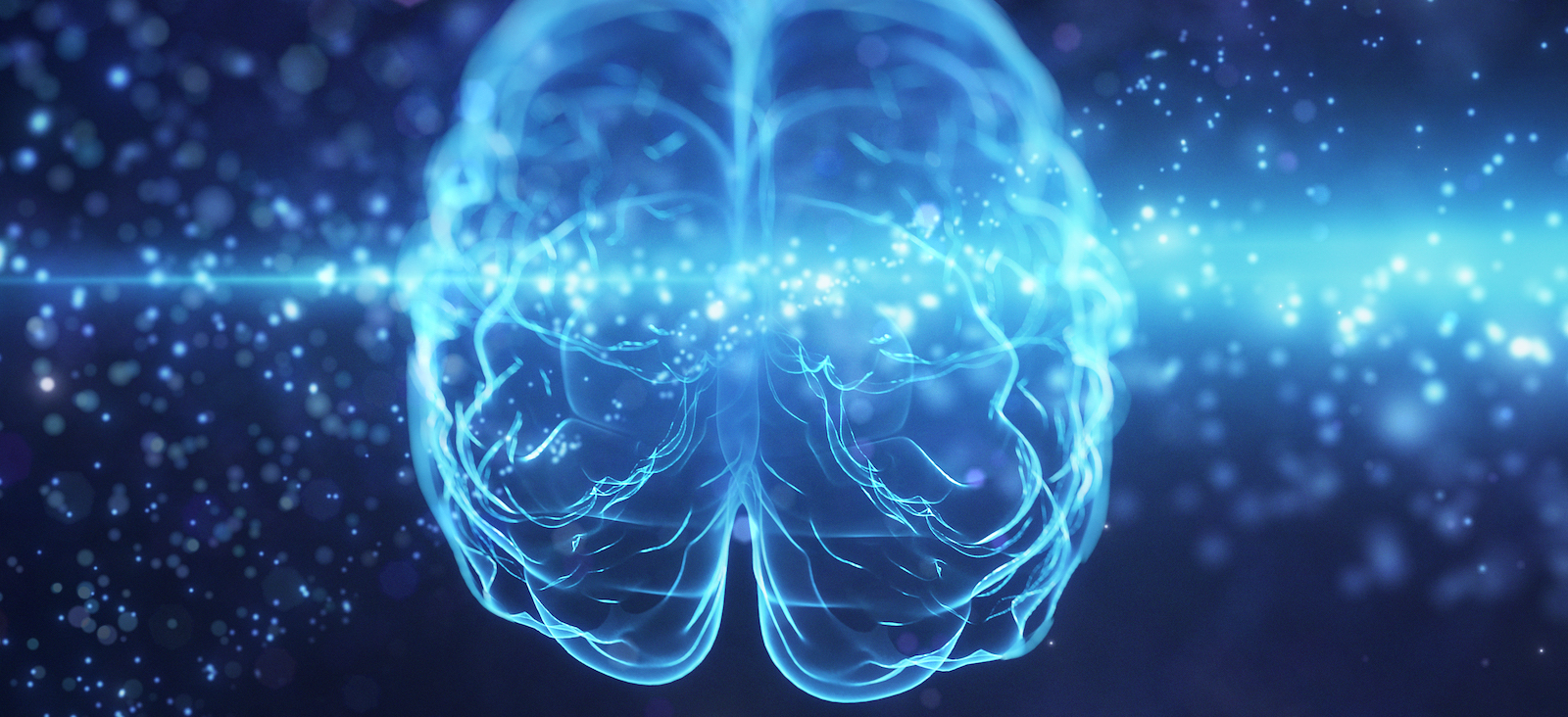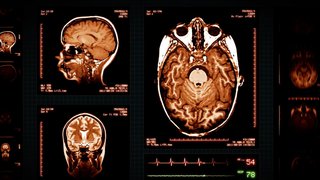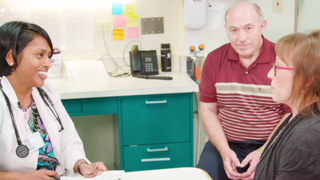The Latest Advances in Care for Treatment-Resistant Mental Health Disorders
Interventional psychiatry therapies deliver small electrical or magnetic pulses to stimulate nerve cells in areas of the brain involved in mood, depression, and other disorders.
Traditional treatment for mental health disorders usually begins with psychotherapy (counseling) and medications. In most cases, these therapies provide relief, but some people still experience severe symptoms or might not be able to take certain medications. Our interventional psychiatry therapies provide safe, effective options for these patients.
In UT Southwestern’s interventional psychiatry program, our multidisciplinary team provides comprehensive evaluation and treatment with the latest approved therapies. Our team includes psychiatrists, psychologists, psychiatric nurse practitioners, psychiatric physician assistants, and social work therapists. We have advanced training and experience in caring for people with treatment-resistant mental health disorders.
Our interventional psychiatry program offers noninvasive brain stimulation therapies and advanced medications to address hard-to-treat symptoms. We work closely with each patient to create a personalized treatment plan.














